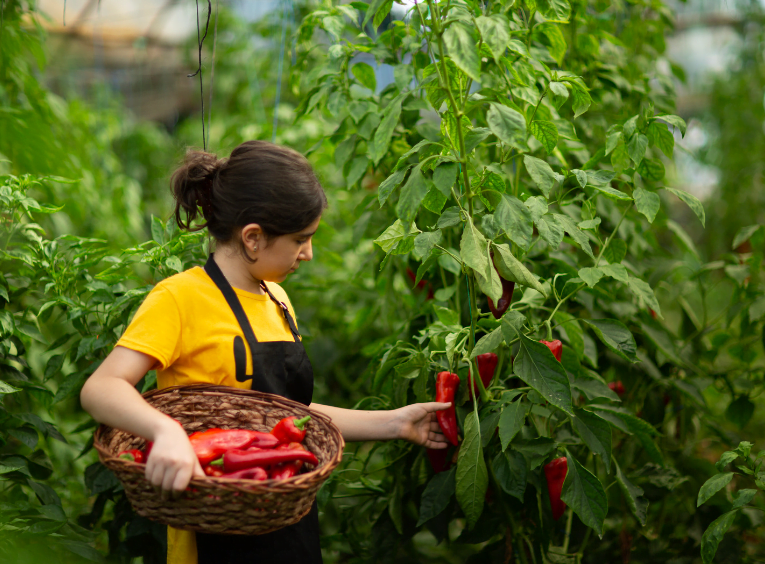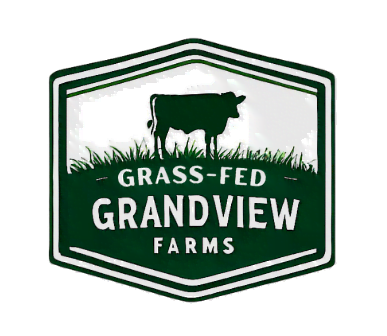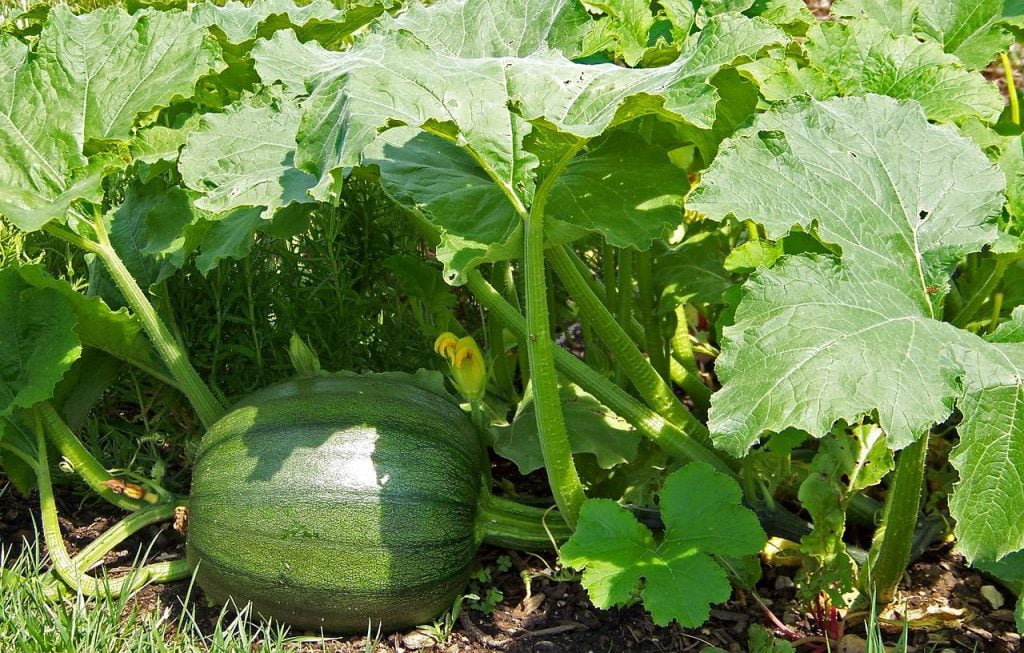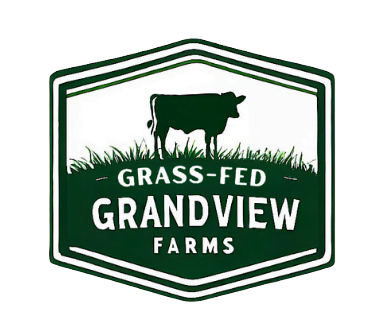
What is Organic Farming?
Think of organic farming as a natural orchestra conductor, nurturing a harmonious ecosystem where plants, soil, and critters work together instead of against each other. It ditches synthetic fertilizers and pesticides, opting for natural alternatives like crop rotation, compost, and beneficial insects to manage pests and boost soil fertility. In this guide we’ll see the pros and cons of organic farming. Essentially, it’s all about mimicking nature’s rhythm while minimizing environmental impact.
Pros: A Symphony of Sustainability
Environmental Hero: Compared to conventional farming, organic practices are music to the planet’s ears. They:
Reduce water pollution: By banning synthetic fertilizers, organic farms drastically minimize harmful runoffs that contaminate waterways. A study by the Rodale Institute found that organic cornfields leaked 99% less nitrogen into groundwater than conventional ones.
Fight climate change: Organic practices like compost application increase soil’s ability to store carbon, a potent greenhouse gas. A 2014 study by the Organic Research Center estimated that widespread adoption of organic farming could sequester up to 20% of global carbon emissions from agriculture.
Protect biodiversity: Organic farms provide a haven for pollinators like bees and butterflies, crucial for healthy ecosystems. A 2019 study in Nature found that organic farms have 50% higher biodiversity than conventional ones.
Nutritious Feast: While the debate on nutritional superiority of organic food continues, some studies suggest certain organic fruits and vegetables contain higher levels of antioxidants and beneficial micronutrients. Additionally, the absence of pesticide residues might appeal to health-conscious consumers.
Delicious Harmony: Many argue that organic produce simply tastes better, with richer flavors and textures. This might be due to the slower growth of organic crops, allowing them to fully mature and concentrate their natural sugars and aromas.
Farmer-friendly Symphony: Organic farming empowers farmers by fostering self-reliance and knowledge of their land. It often involves diverse crop rotations and direct interaction with consumers, leading to a sense of community and purpose.
Cons: The Imperfect Melody
Despite its merits, organic farming isn’t without challenges. Here are some potential downsides to consider:
Yield Variations: Organic farms don’t always match the high yields of conventionally farmed crops. This can be due to factors like pest pressure, reliance on natural fertility boosters, and weather fluctuations. A 2016 study in Environmental Science & Technology found that organic wheat yields were 20% lower than conventional ones
Higher Costs: Organic produce often carries a higher price tag due to lower yields and labor-intensive practices. Additionally, organic certification costs can add to the expense.
Pest Management Puzzles: While natural pest control methods exist, they can be more challenging to implement than synthetic pesticides. Organic farmers must rely on careful monitoring, crop rotations, and attracting beneficial insects, which can require constant vigilance and adaptation.
Fun Facts to Harmonize Your Knowledge:
The term “organic” was first used in agriculture in the 1940s by British farmer Sir Albert Howard.
The world’s largest organic farm is in Argentina, spanning over 3 million acres.
Bananas and avocados are naturally resistant to most pests, making them ideal organic fruits.
Honeybees can fly up to 5 miles per hour, visiting 50-100 flowers per trip to collect nectar.
Diving Deeper into the Benefits of Organic Farming: A Symphony of Health and Sustainability
While the “organic” label might whisper health and environmental consciousness, let’s unpack these benefits with scientific evidence and compelling examples.
Soil, the Maestro of the Ecosystem:
Organic farming elevates soil health to a whole new level. By ditching synthetic fertilizers and herbicides, it nurtures a thriving population of microorganisms, earthworms, and beneficial fungi. This biodiversity enriches the soil structure, improving its ability to retain water and nutrients. A 2020 study in Nature found that organic soils store 20-30% more carbon than conventionally farmed soils, a crucial factor in battling climate change. Organic farms also exhibit less soil erosion, thanks to increased soil stability and cover crops that protect the land from wind and rain. Imagine this healthy soil as a vibrant orchestra pit, teeming with life that nourishes the plants and protects the land.
Water Quality: A Clear Melody:
Conventional agriculture often pollutes waterways with synthetic chemicals, harming aquatic life and human health. Organic practices, on the other hand, act as a filter, preventing harmful runoffs and protecting water quality. A 2015 study by the Environmental Working Group found that organic cornfields had 99% less nitrate leaching into groundwater compared to conventional ones. Furthermore, organic farms often rely on water-efficient techniques like drip irrigation, minimizing water usage and further protecting this precious resource. Imagine organic farming as a conductor, skillfully directing water flow and keeping the aquatic ecosystem in harmony.
The Climate Change Chorus:
Climate change is the looming threat to our planet’s symphony. Organic farming offers a promising counterpoint, playing a crucial role in mitigating greenhouse gas emissions. By sequestering carbon in the soil through compost application and cover crops, organic farms act as carbon sinks, reducing the amount of atmospheric carbon contributing to global warming. A 2014 study by the Organic Research Center estimated that widespread adoption of organic farming could sequester up to 20% of global carbon emissions from agriculture. Imagine organic farms as a chorus of trees and soil, harmoniously absorbing carbon and singing a song of climate resilience.
Healthful Harmonies on Your Plate:
While the debate on nutritional superiority of organic food continues, certain benefits raise their voices loud and clear. Some studies suggest organic fruits and vegetables contain higher levels of certain antioxidants and beneficial micronutrients like vitamin C and omega-3 fatty acids. A 2016 study in the Journal of Agricultural and Food Chemistry found that organic strawberries had 50% higher levels of vitamin C than their conventional counterparts. Additionally, the absence of pesticide residues on organic produce might appeal to health-conscious consumers, minimizing potential exposure to harmful chemicals. Imagine organic food as a delicious melody on your plate, bursting with natural goodness and free from unwanted notes.
Further Exploration:
Dig deeper into specific studies mentioned through the provided links.
Explore organizations like the Rodale Institute and the Soil Association for insightful research and resources.
Talk to organic farmers in your community to understand their practices and the pros and cons of organic farming they witness firsthand.
Let the knowledge you’ve gained be your guide as you navigate the world of organic farming, savoring the harmony it creates for our planet and our well-being.
The Takeaway: A Choice that Resonates
Understanding the intricate benefits of organic farming empowers you to make informed choices that resonate with your values. From nurturing healthy soil and protecting water to mitigating climate change and potentially enjoying richer nutrition, choosing organic contributes to a symphony of sustainability. Remember, even small shifts towards organic can ripple through the ecosystem, creating a more harmonious future for our planet and our plates.
The Final Note: A Duet of Choice
Organic farming isn’t perfect, but it offers a compelling counterpoint to conventional agriculture’s environmental toll. Ultimately, the choice between organic and conventional depends on your priorities, budget, and access. Remember, every bite holds power, and even small shifts towards organic can impact the symphony of our planet. So, listen to your values, support sustainable practices, and savor every flavor, be it organic or not.
Additional Resources
USDA National Organic Program: https://www.ams.usda.gov/rules-regulations/establishing-national-organic-program
By understanding the pros and cons of organic farming, you can make informed choices about the food you eat and contribute to a more sustainable future. Remember, knowledge is the fertilizer for conscious consumption
Thank you for reading blogs from Grandviewfarms.
You may also like:
Ultimate Crunch, Ultimate Cheese: The Bacon and Cheddar Burger is the King of the Grill
Global Eats: Corned Beef Eye Round – A Savory Passport Stamp in Every Bite
Kiss the Grain Goodbye: Grass-Fed Brisket – The Tender Truth Behind the Smoke




